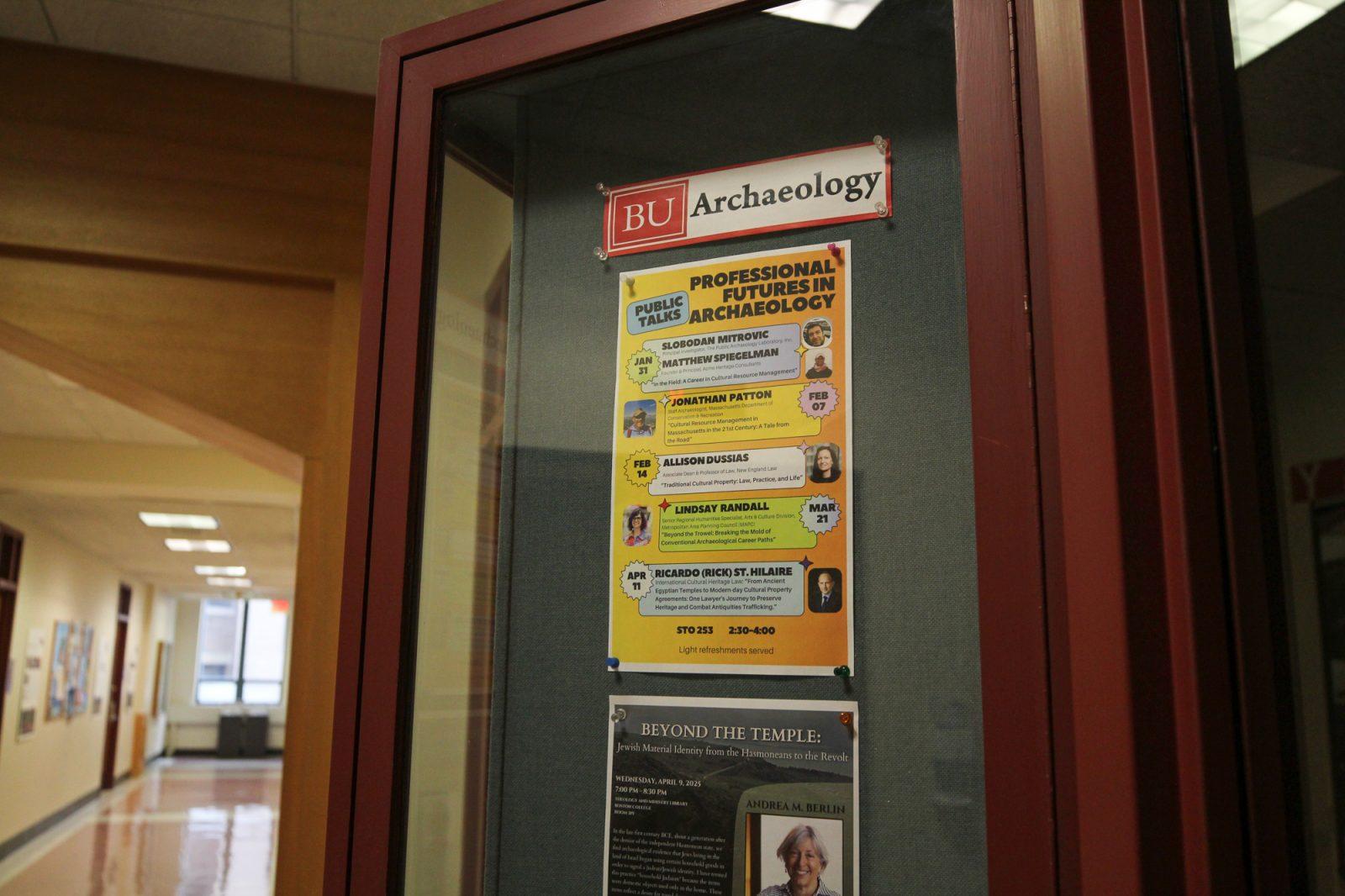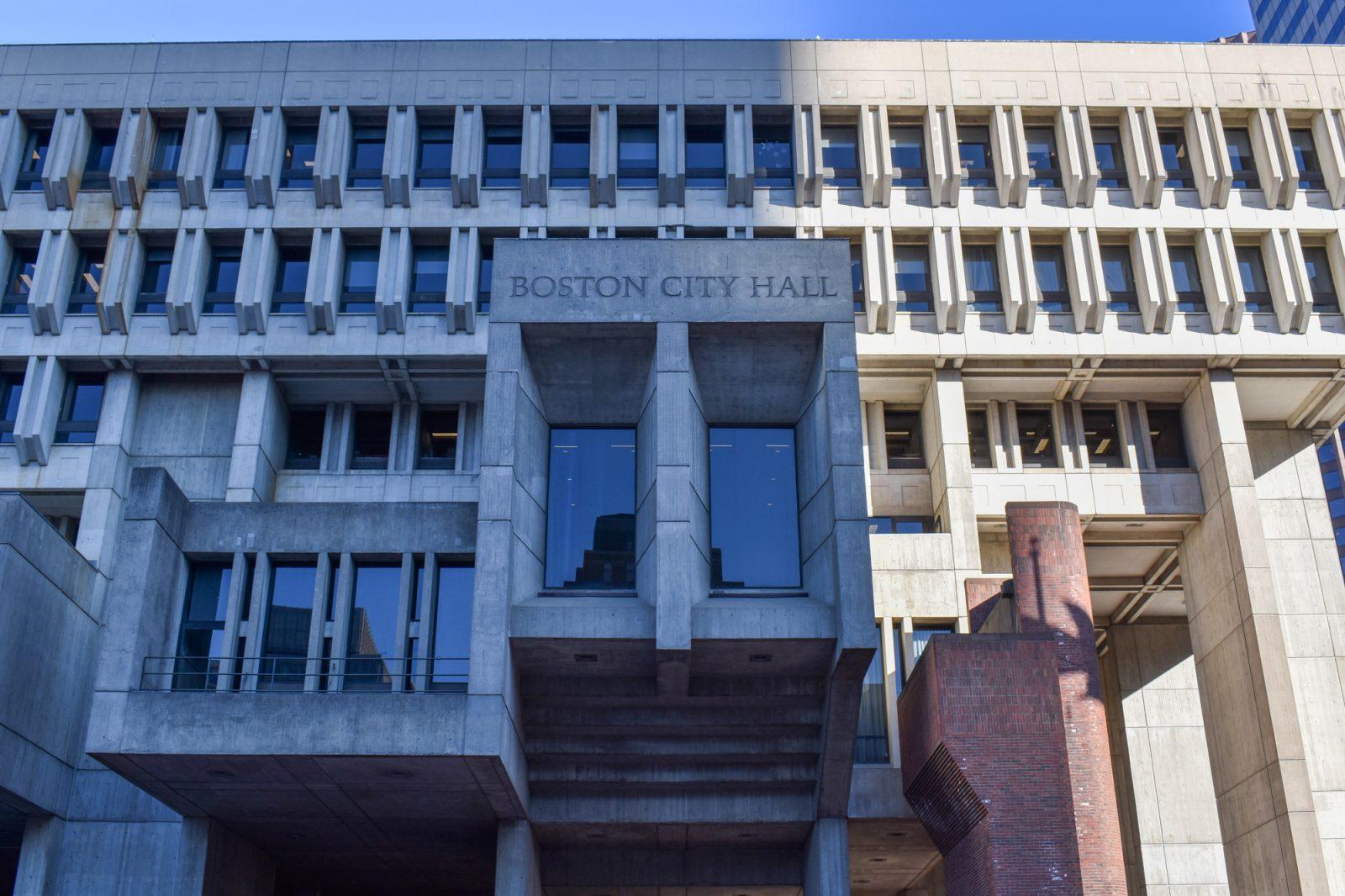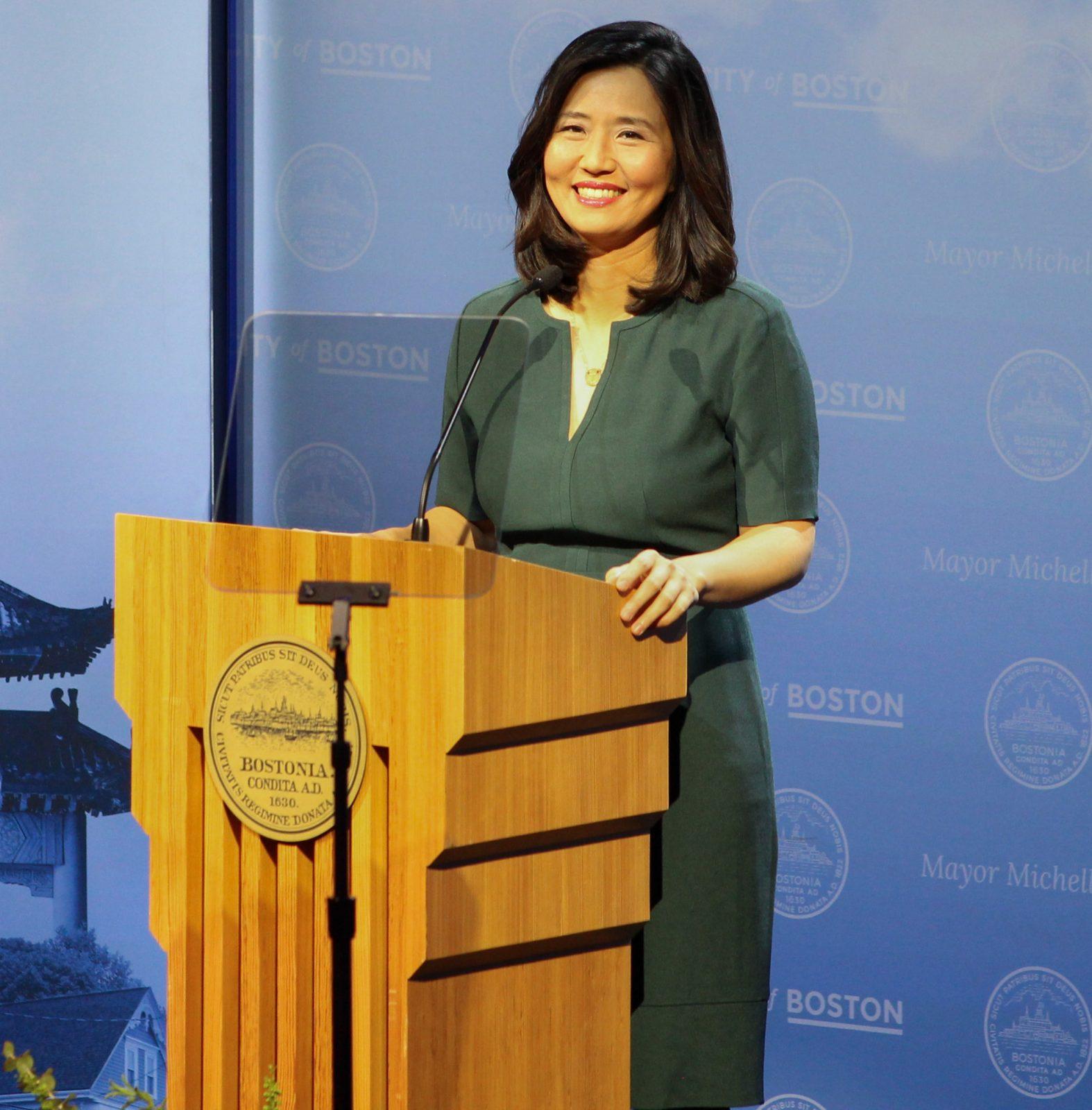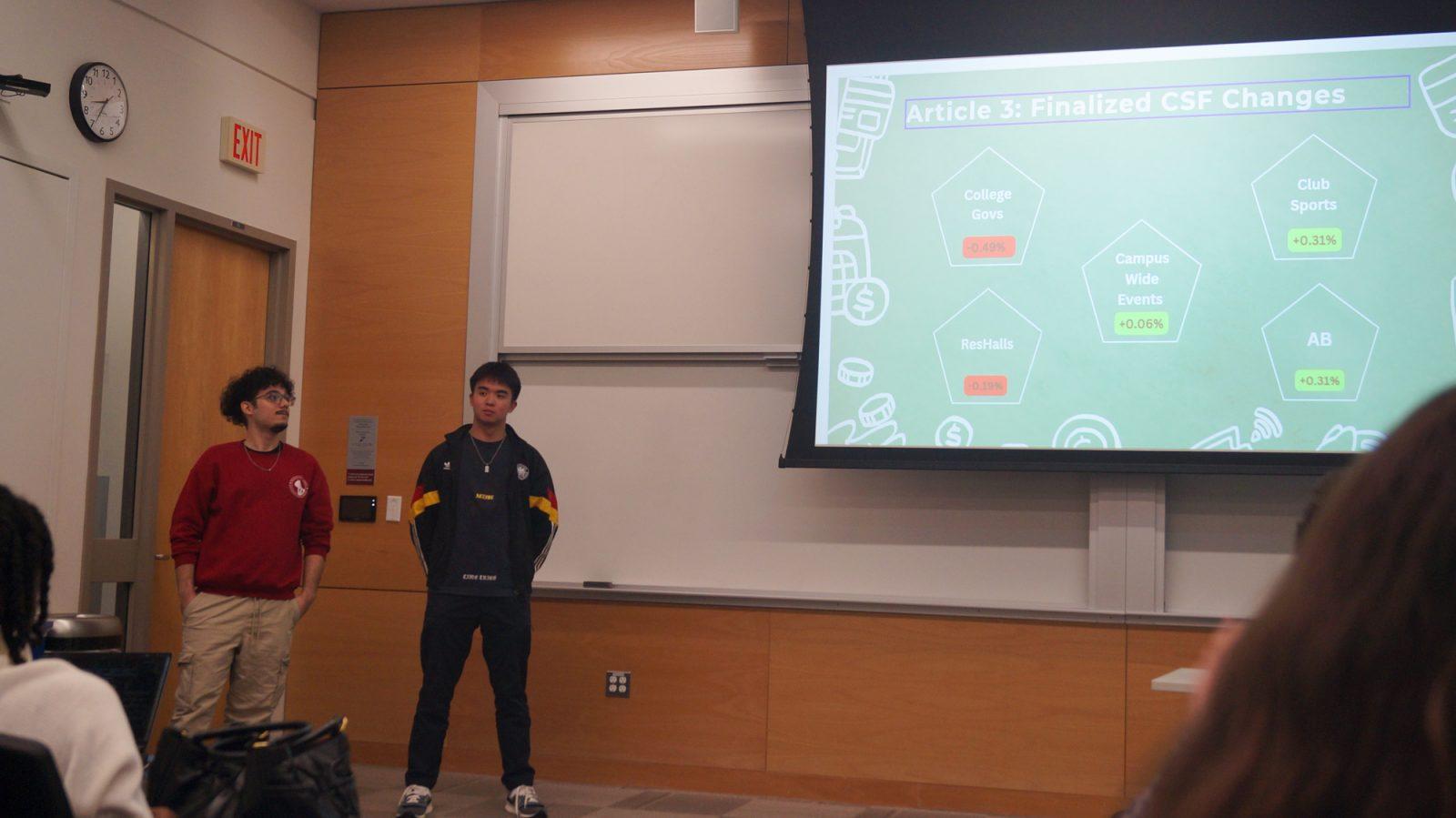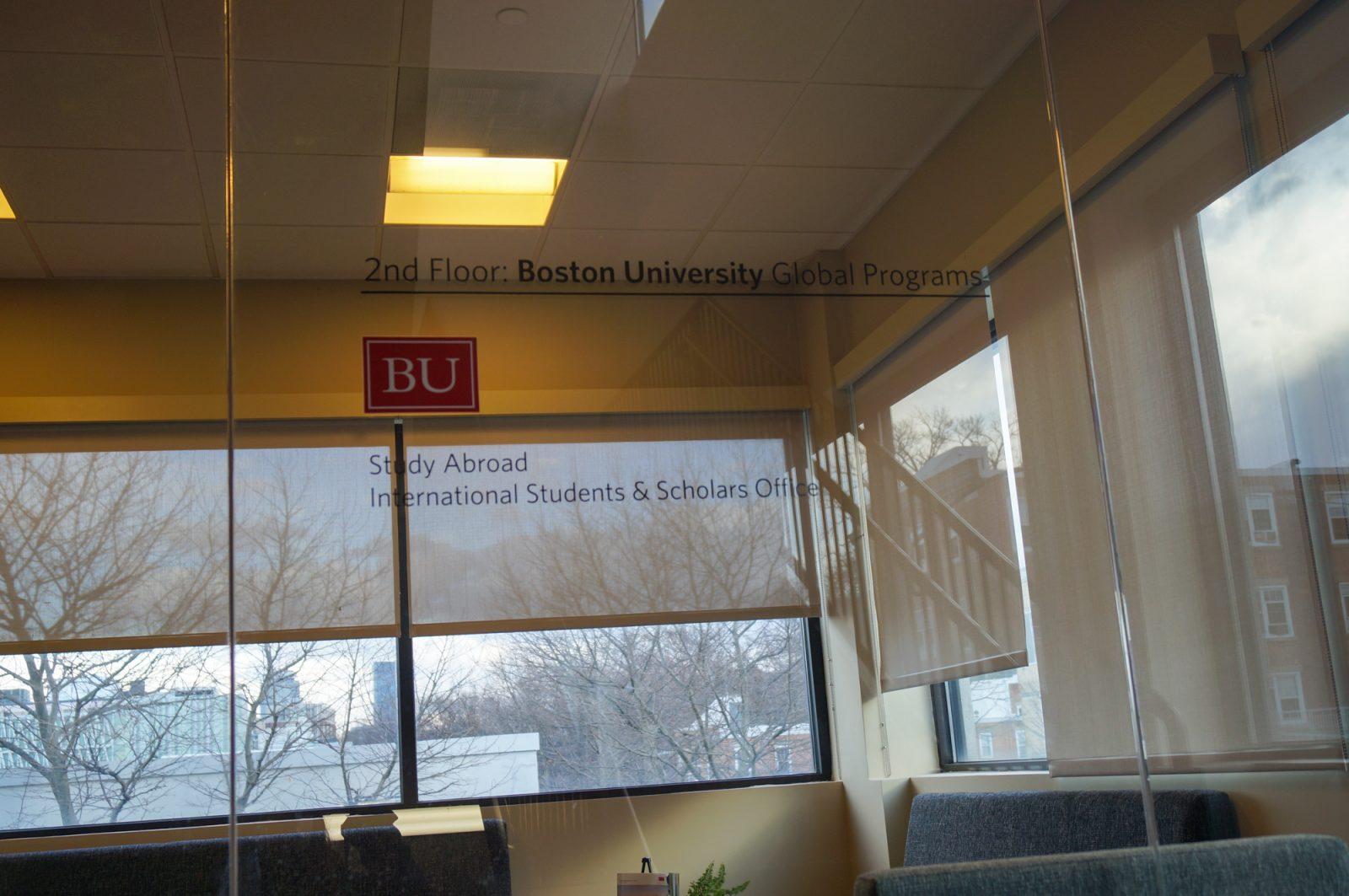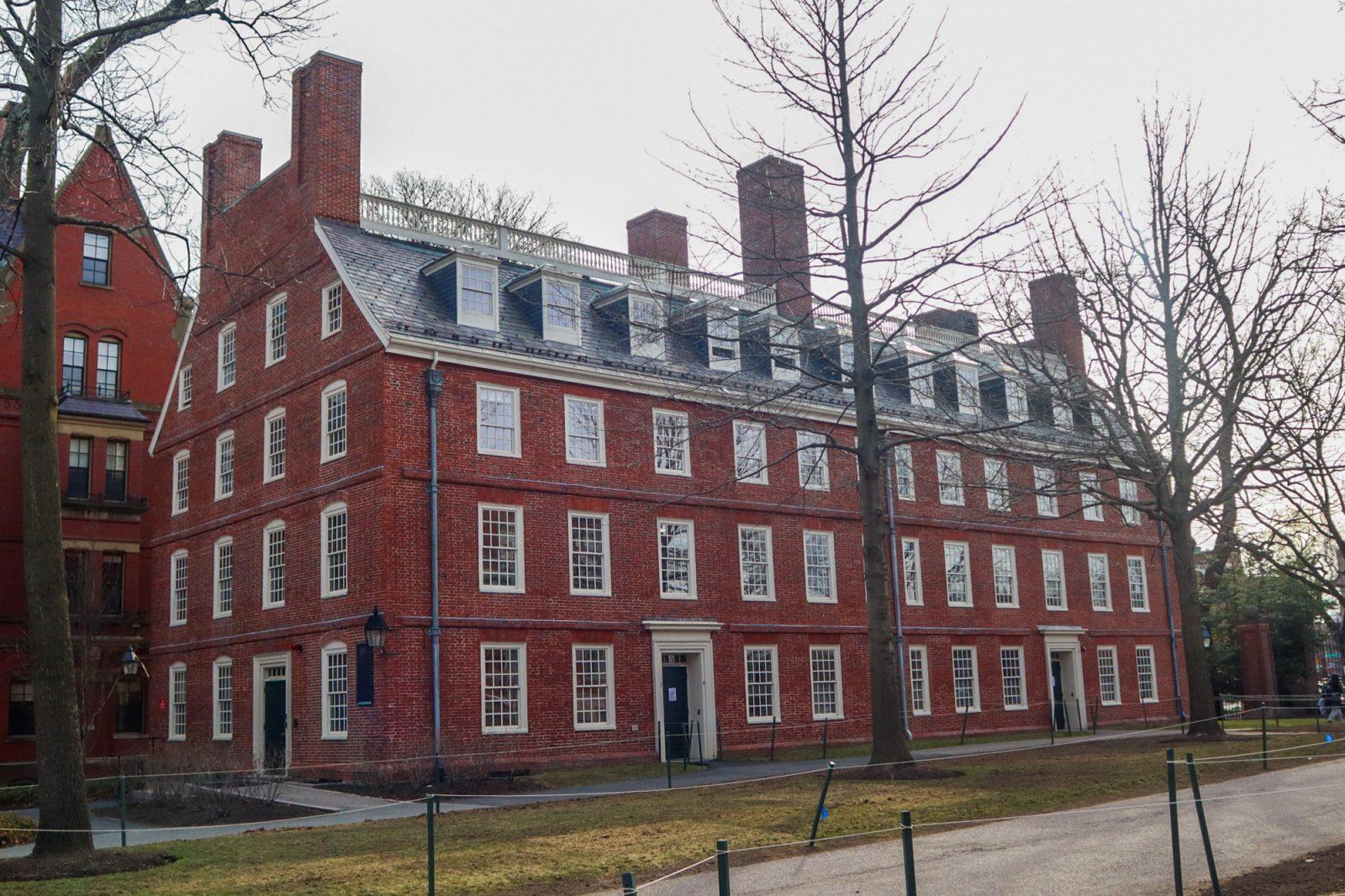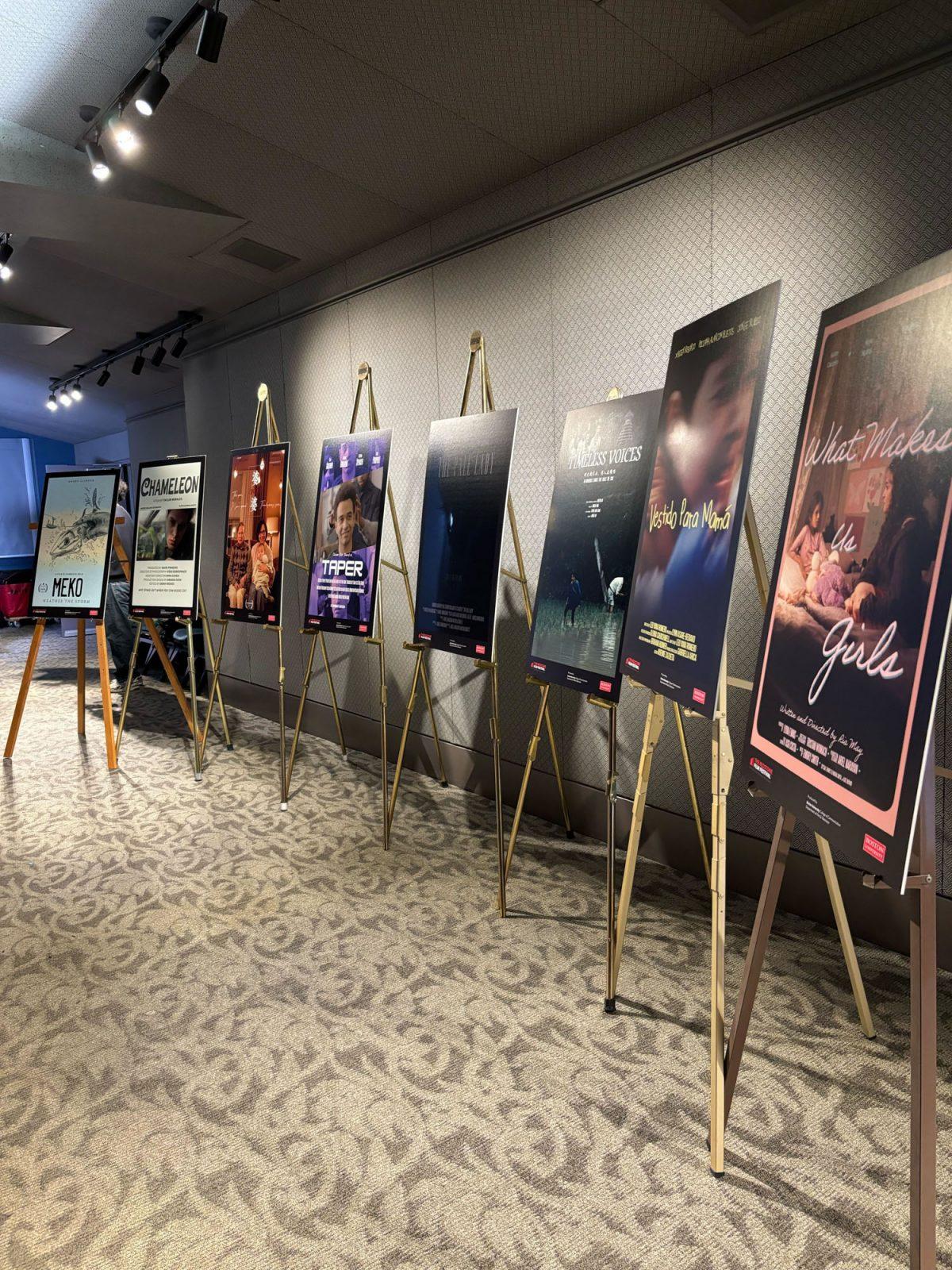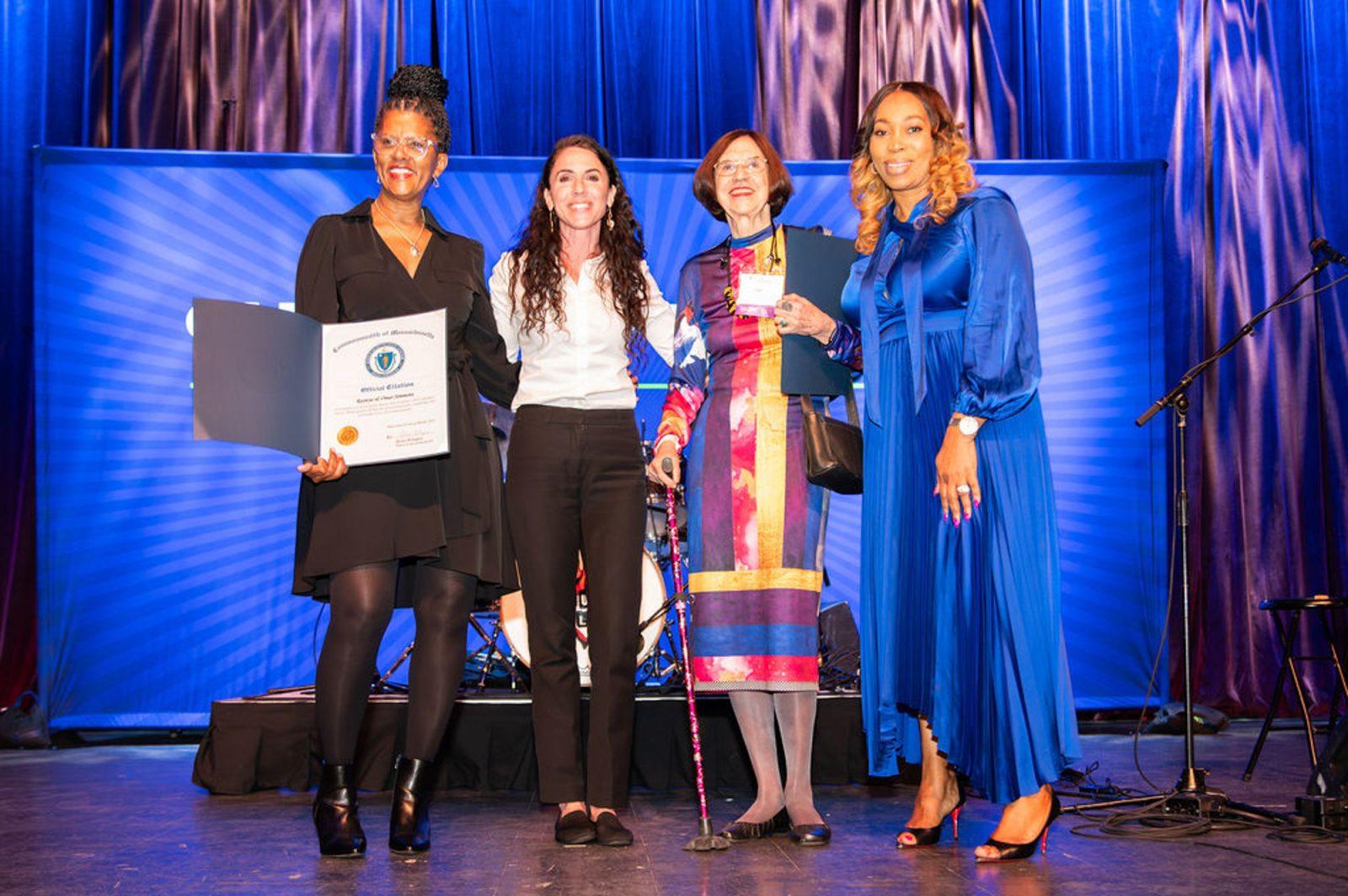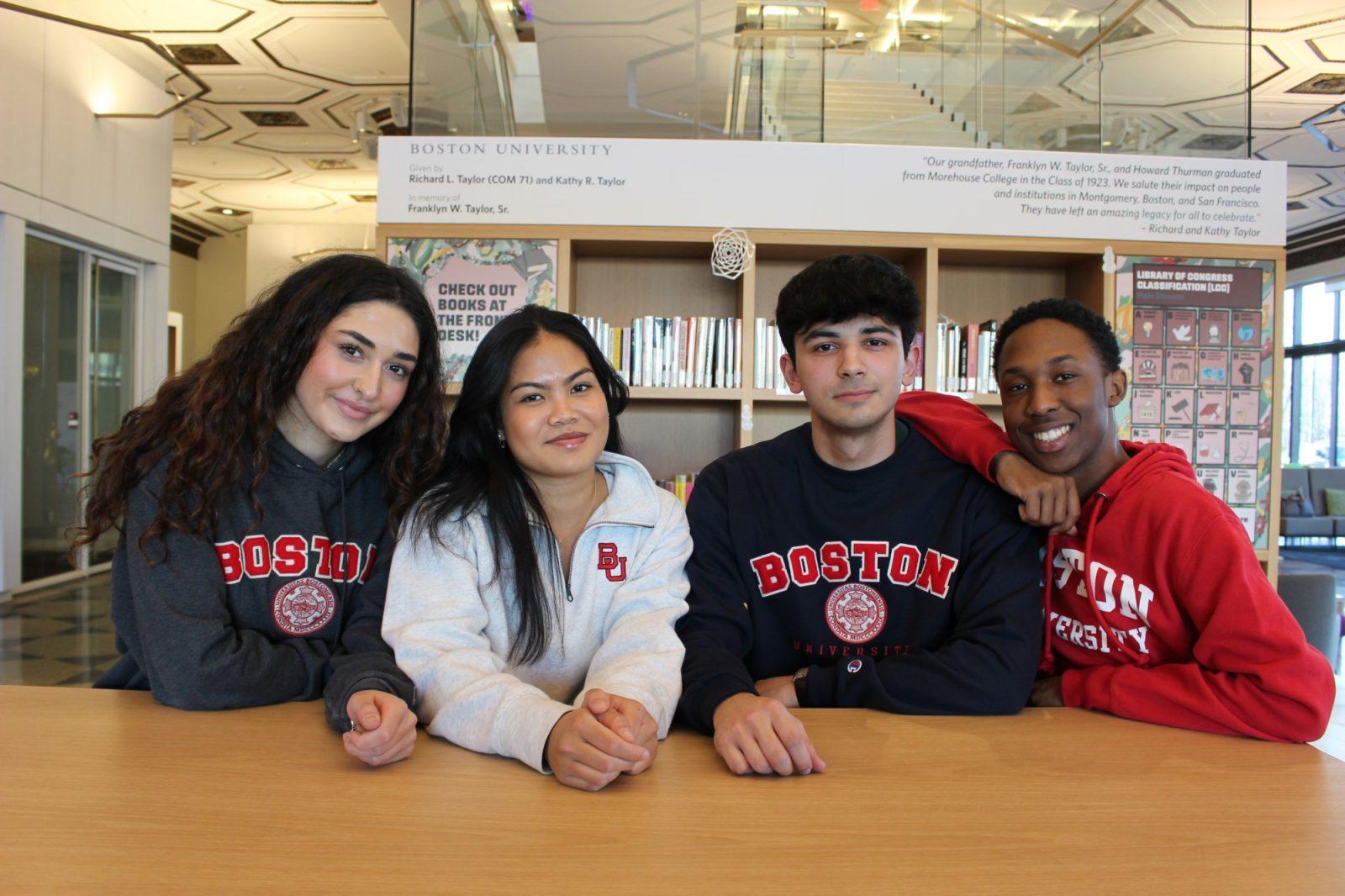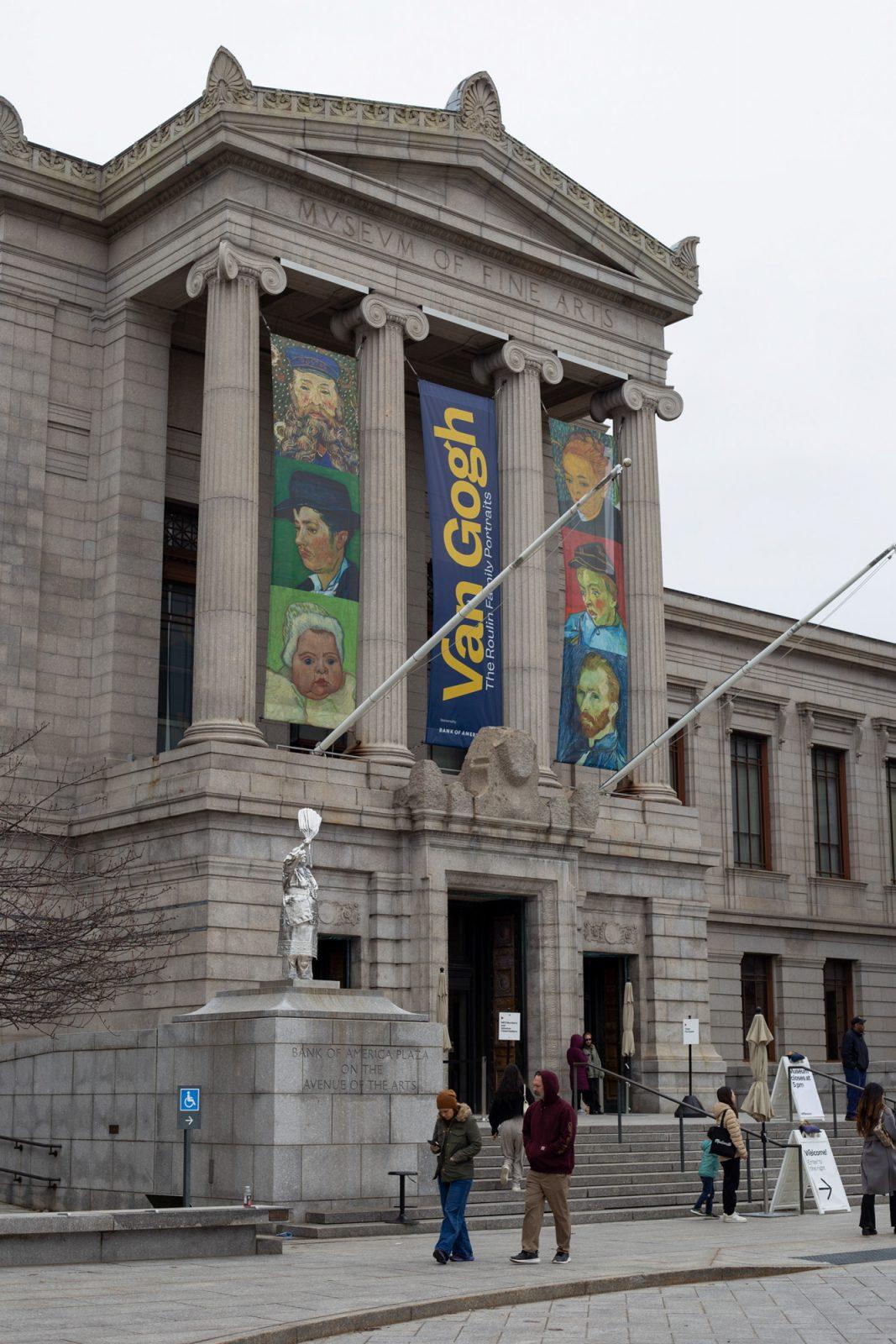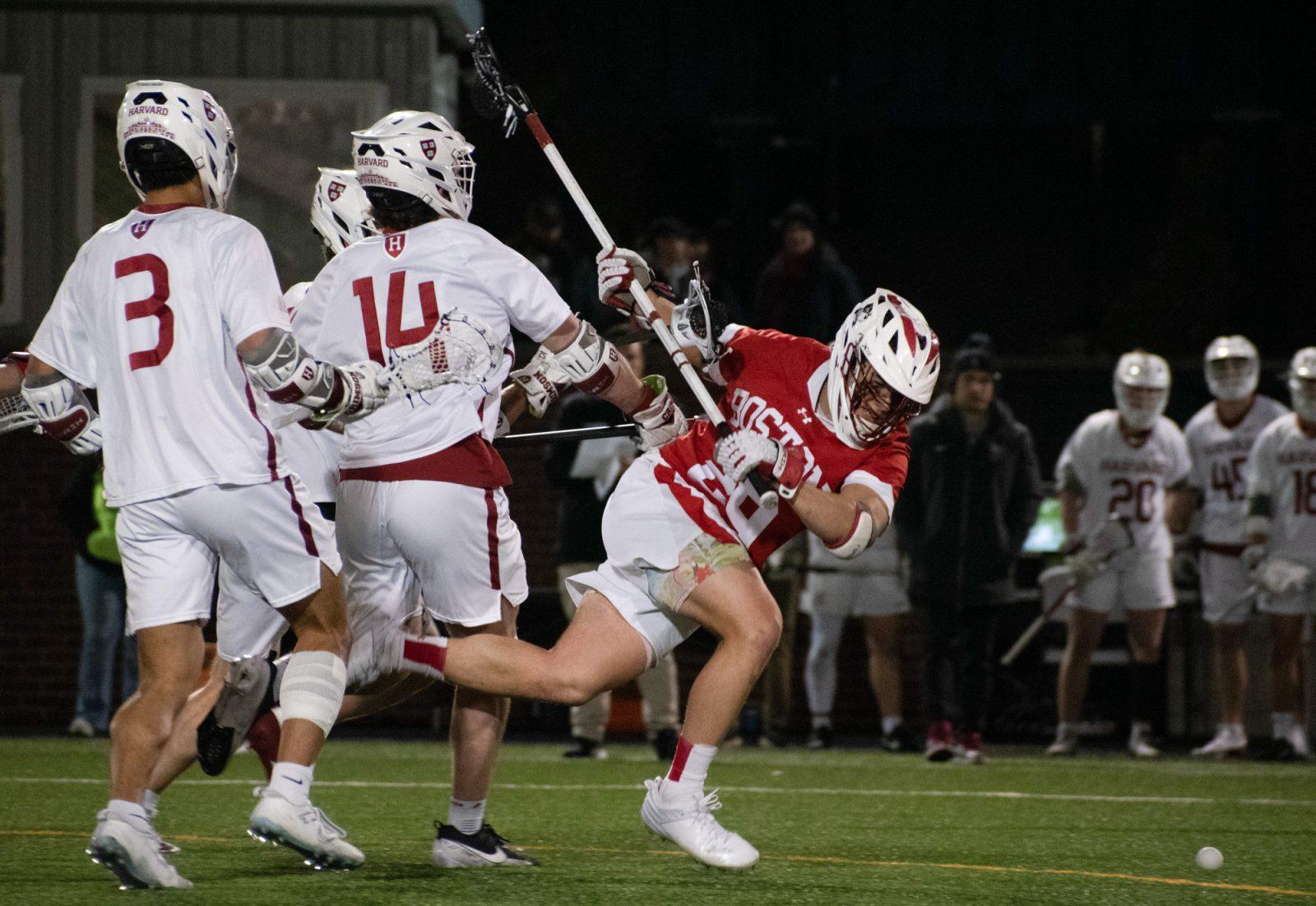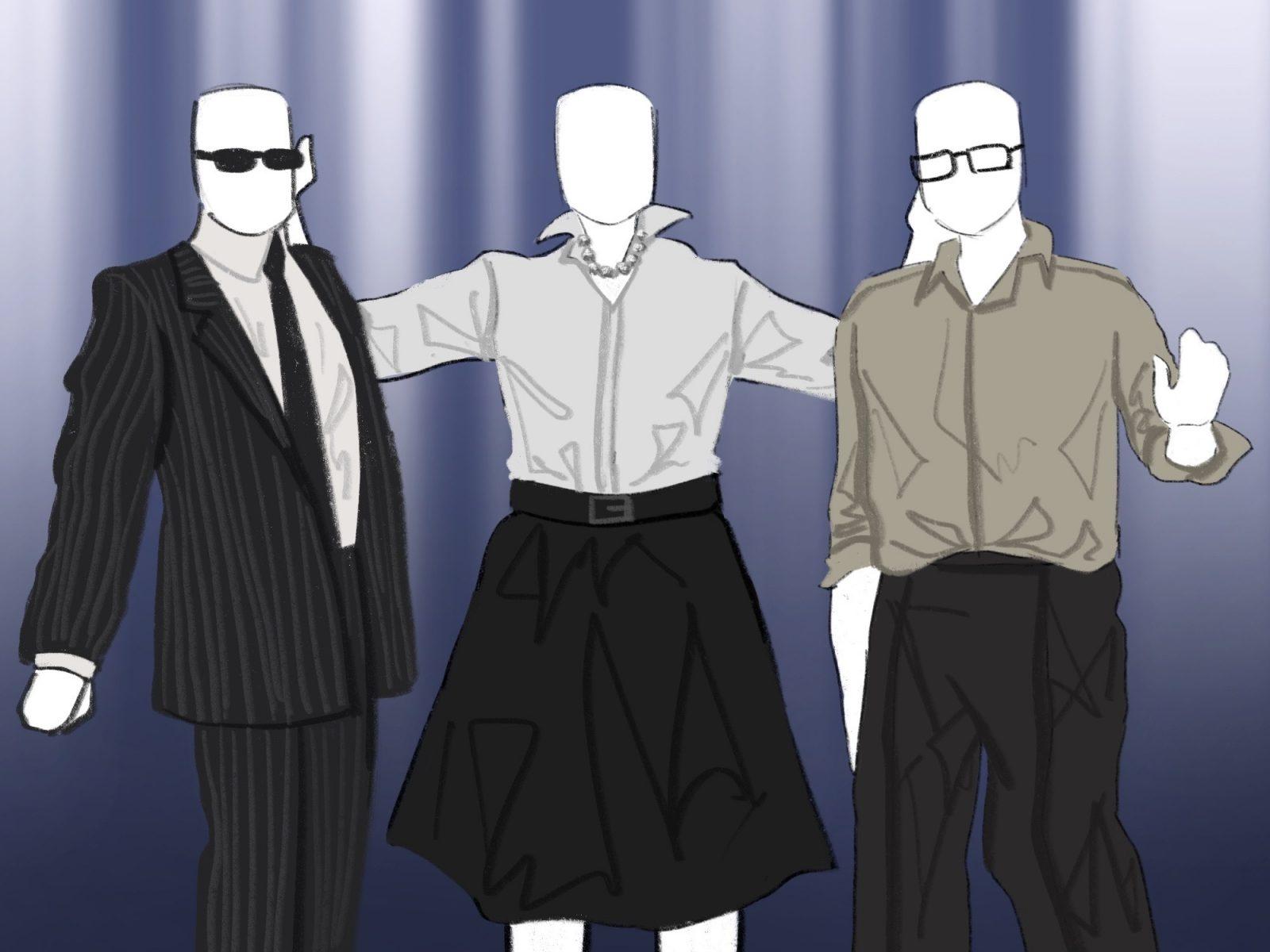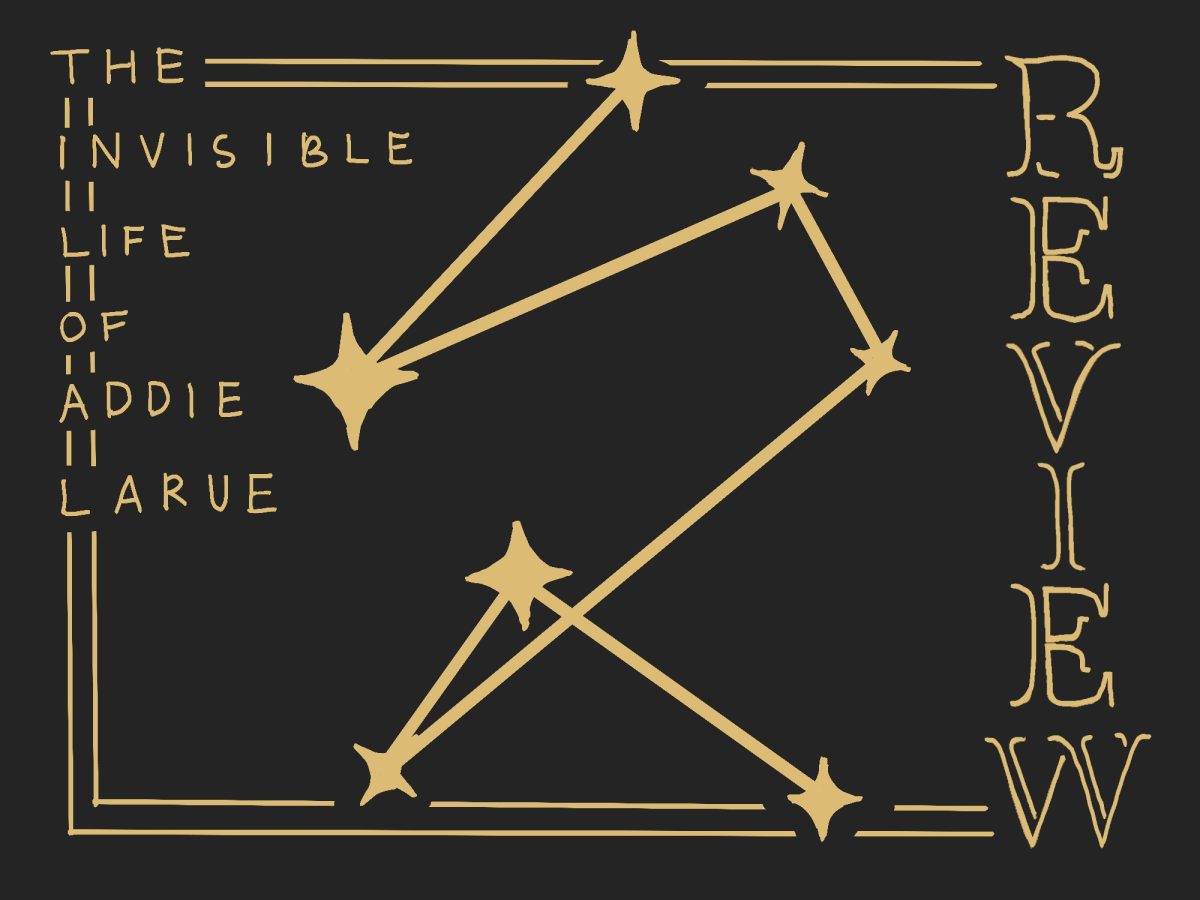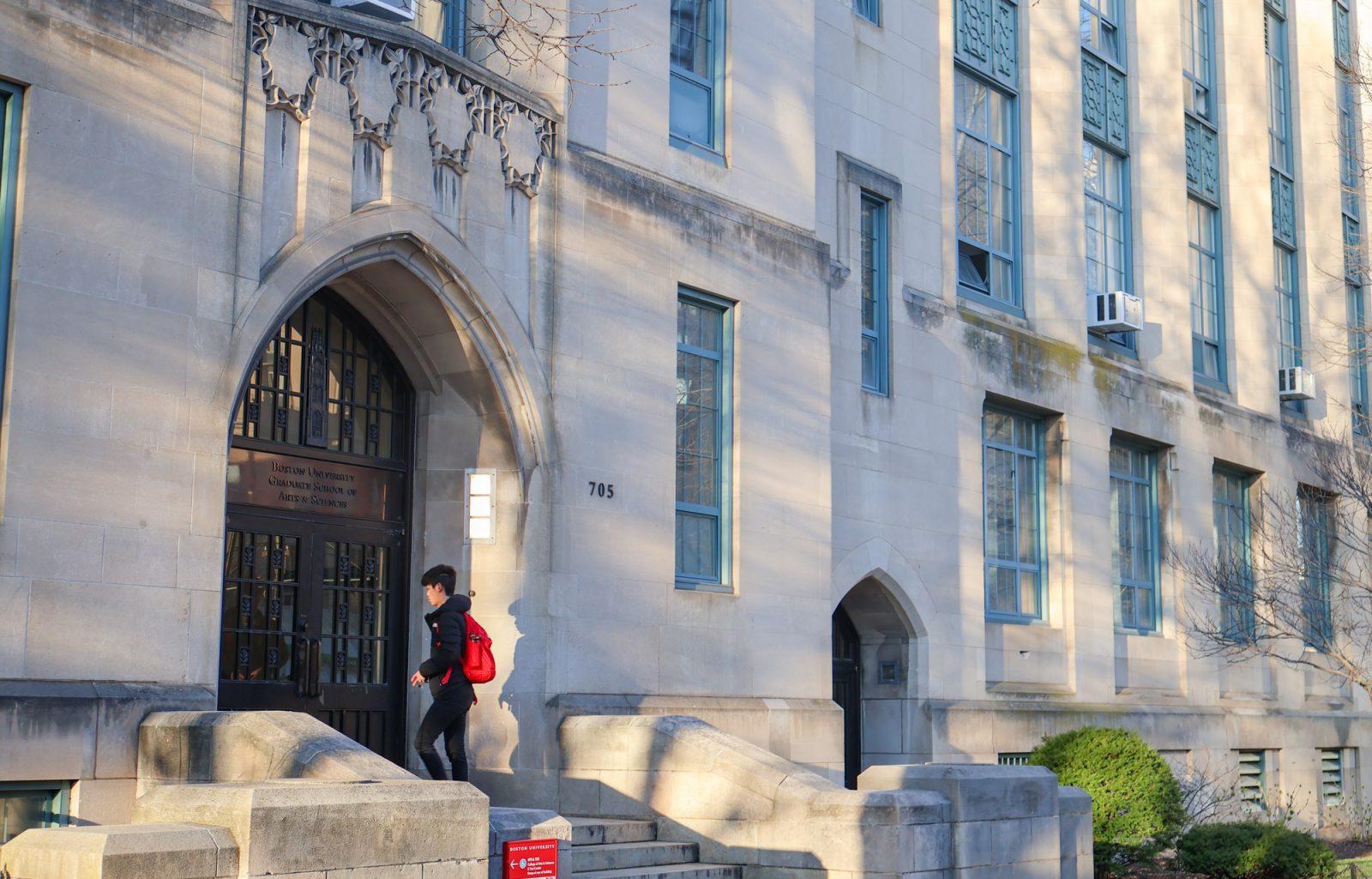Tensions run high as the Supreme Court reviews the University of Michigan’s affirmative action admittance. The controversial system gives minority students an extra 20 points out of the 150 points required for acceptance, but many critics claim the rationale is unconstitutional.
Recently, President Bush condemned the practice of admitting students based on their ethnicity, while proponents of the University of Michigan’s system claim it enriches student life, lending the classroom a greater diversity of ideas.
Just as the case is politically and judicially controversial, Boston University students have a diverse opinions on the issue.
Nick Fullenkamp, a sophomore in the College of Engineering, said the school must compensate for its actions.
‘The university’s system reminds me of the reparations movement,’ he said. ‘If the state has consistently disenfranchised a group of people in the past, they have an ongoing obligation to correct that.’
However, Fullenkamp acknowledges that Michigan’s current methods must be modified.
‘It would be better if the University of Michigan looks at a students’ background to determine their eligibility,’ he said. ‘It’s much harder for students coming from difficult socio-economic situations to succeed, and college is a chance for them to blossom.’
The role of race in college admissions has received too much emphasis, according to ENG sophomore Merrill Lamont. Lamont’s father advised him to indicate his race as Hispanic, although American mother disagreed, he said.
‘In the end, I said I was white,’ he said. ‘I just didn’t want to use my Hispanic background as a crutch to get into college.’
Other students stand behind Michigan’s system. As an African-American, Cailsead McTrillitan, a freshman in the College of General Studies, said the university’s system was constitutional and enriched the classroom atmosphere.
‘A lot of minorities come from terrible high school backgrounds, so you want them to get a chance,’ he said.
College of Communication freshman Andy Kitaeff agreed minorities coming from difficult high school settings deserve a competitive edge.
‘I don’t believe in affirmative action in the workplace, but in education, students should be given equal opportunity,’ he said.
Gabrielle Kelly, a junior in the College of Arts and Sciences, said she is a firm believer in the principle of affirmative action.
‘The University of Michigan has the right idea, but they need to adjust their methods,’ she said.
‘Instead of giving minority students 20 points, give them 10. Then choose the top scoring students from there,’ she concluded.

